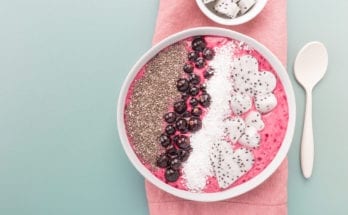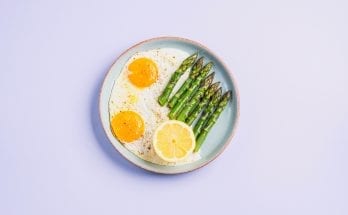In 2017, many individuals have decided to turn towards the vegan diet. This diet promotes ethical values, as well as environmental and health benefits. Eating vegan foods is the first step towards a healthier lifestyle. If you are considering going vegan, this guide will answer all the questions you might have about veganism.
Vegan Diet – What is it?
Veganism has been identified as the healthy way of living that excludes all forms of animal and cruelty from an individual’s lifestyle. Whether it is clothes, food, or make up, it has to be cruelty free.
Therefore, the vegan diet does not allow eating foods that include dairy, eggs and meat. However, there are alternatives to get those products, and they will be labeled as vegan.
People choose to follow this diet for various reasons. Some choose it to lose weight, some choose it because of ethics and others because of environmental issues. However, the bottom line is that they all have the desire to live a healthy life.
Types of Vegan Diets
Whole-Food Vegan
This diet consists of a variety of whole foods that include vegetables, fruits, seeds, nuts, legumes, and whole grains.
Raw-Food Vegan
This diet consists of raw vegetables, fruits, seeds, nuts and plant foods that are cooked at temperatures lower than 118°F.
80/10/10
This is a sub-type of the raw-food diet but it limits the intake of fatty foods such as the avocados and nuts. It focuses on raw fruits and soft greens.
Starch Solution
This is a high-carb, low-fat diet similar to the 80/10/10 diet, but it has cooked starches like corn, rice, and potatoes instead of fruits.
Raw until 4
This low-fat diet is a combination of 80/10/10 and the Starch Solution. All the raw foods are supposed to be consumed before 4 p.m. and it has an option of a cooked plant dinner.
Junk-Food Diet
This diet comprises of mock cheeses, meats, fries, vegan desserts and other processed vegan foods.
Health Benefits of the Vegan Diet
Adapting the vegan diet comes with many health benefits. The vegan diet has been proven to keep blood sugar levels stable. It also keeps your heart healthy and lowers the risk of high blood pressure by 75%.
Vegan diets are beneficial for other health conditions as well. Vegans have a 15% less chance of developing or dying from cancer. In addition, the vegan diet lowers the chance of getting arthritis, and when meat is substituted by plant proteins, the risk of developing kidney failure is also reduced.
To conclude, the vegan diet is a good option when it is followed properly. It comes with many long-term benefits and promotes a cruelty-free environment.




